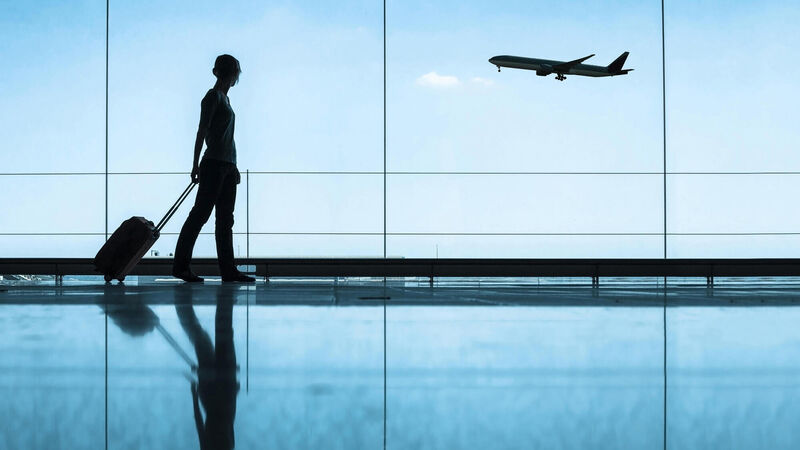Government seeks to cut time it takes to decide applications from people looking for asylum

The Department of Justice is also stepping up checks on people claiming refugee status. Stock picture
The Government is seeking to reduce waiting times for migrants from certain countries from between 17-24 months to three, which would see those rejected leave the country quicker.
Under plans being rolled out by the Department of Justice, while Ireland will continue to accept those people seeking refuge in line with its moral and legal obligations, there is a need for a speedier process for people arriving from 'countries of origin'.










